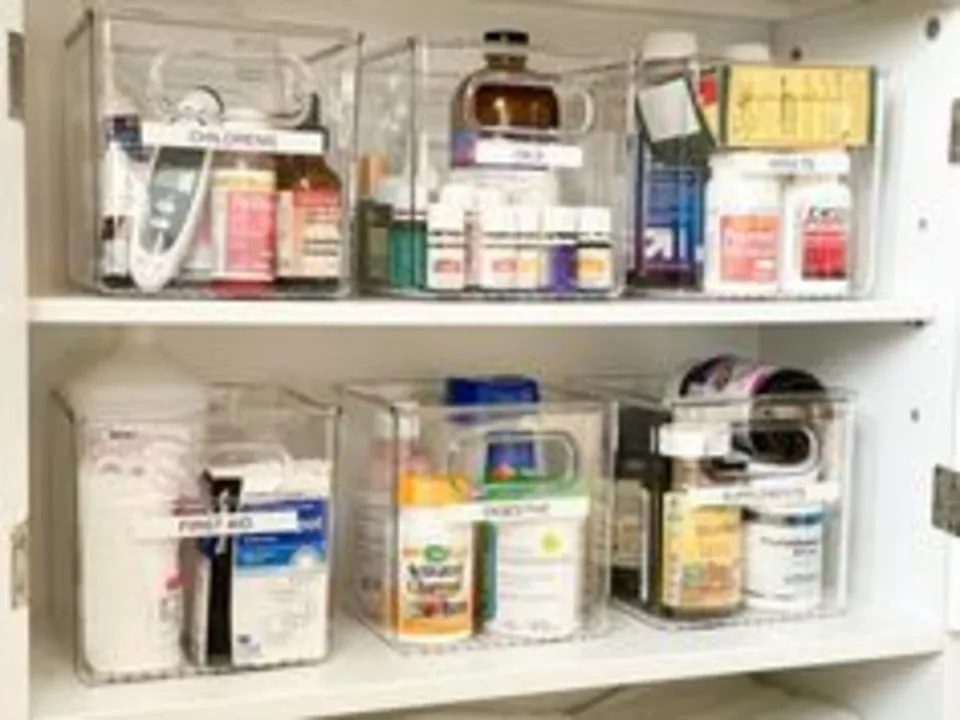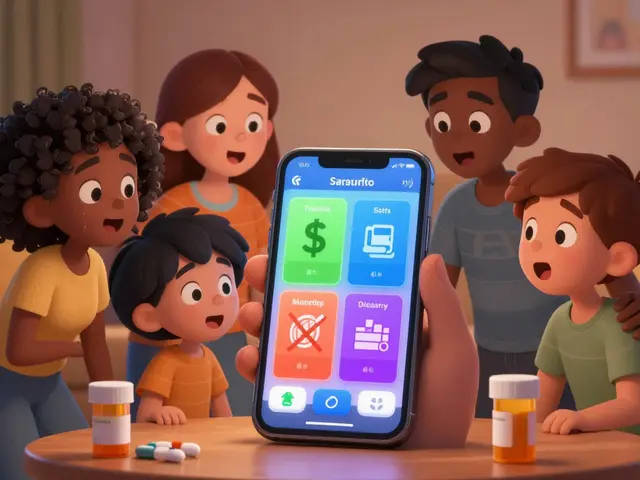Biosoprolol — what it is and why people take it
If you saw "biosoprolol" mentioned online, it usually refers to bisoprolol, a beta-blocker used to lower blood pressure and help the heart work better. Doctors prescribe it for high blood pressure, angina (chest pain), and some cases of heart failure. It slows your heart rate and reduces how hard the heart must work.
How biosoprolol works and who should use it
Biosoprolol blocks specific receptors in the heart and blood vessels. That reduces heart rate and relaxes blood vessels, which eases pressure on the heart. Typical patients include people with hypertension, stable angina, or chronic heart failure. Older patients and those with lung disease need careful dosing—tell your doctor about asthma, COPD, diabetes, or slow heartbeat before starting.
Common starting doses vary. For high blood pressure, doctors often start low (for example, 2.5–5 mg once daily) and adjust based on response. For heart failure, dosing is usually slower and monitored closely. Never change dose or stop suddenly—abruptly stopping can cause fast heart rate, chest pain, or other problems. Always follow your prescriber's plan.
Side effects, interactions, and safe use
Minor side effects include tiredness, dizziness, cold hands or feet, and mild stomach upset. More serious signs to watch for are fainting, very slow pulse, trouble breathing, or sudden weight gain (which can signal worsening heart failure). If you get severe side effects, contact your doctor right away.
Biosoprolol interacts with other meds. Combining it with other blood pressure drugs, certain antidepressants, or strong heart rhythm medicines can lower heart rate or blood pressure too much. If you take insulin or oral diabetes meds, biosoprolol can hide low blood sugar symptoms like a fast heartbeat. Share a full list of your drugs with your provider and pharmacist.
Practical tips: take it at the same time each day, with or without food. If you miss a dose, take it when you remember unless it's almost time for the next one—then skip the missed dose. Keep a simple list of symptoms and your daily pulse and weight if you have heart failure; bring it to appointments.
Buying online? Use trusted pharmacies that require a prescription, show clear contact info, and use secure checkout. Avoid sites offering huge discounts without asking for a prescription. If cost is an issue, ask your doctor about lower-cost generics, pill-splitting where safe, or pharmacy discount programs.
If you have questions, talk to a real clinician. This guide aims to help you understand biosoprolol basics so you can talk confidently with your healthcare team and make safer choices online and at the pharmacy.

How to Properly Store and Dispose of Biosoprolol
As a responsible individual, I've recently learned about the proper storage and disposal of Biosoprolol, a medication for heart conditions. To maintain its effectiveness, it should be stored at room temperature, away from heat, moisture, and direct sunlight. When disposing of expired or unwanted medication, it's crucial not to flush it down the toilet or drain. Instead, I found out that we should follow local guidelines or ask a pharmacist for safe disposal methods. By handling Biosoprolol correctly, we can ensure both our safety and the environment's protection.
Categories
- Medications (71)
- Health and Medicine (62)
- Health and Wellness (37)
- Online Pharmacy Guides (16)
- Nutrition and Supplements (9)
- Parenting and Family (3)
- Environment and Conservation (2)
- healthcare (2)
- prescription savings (1)
Popular Articles



